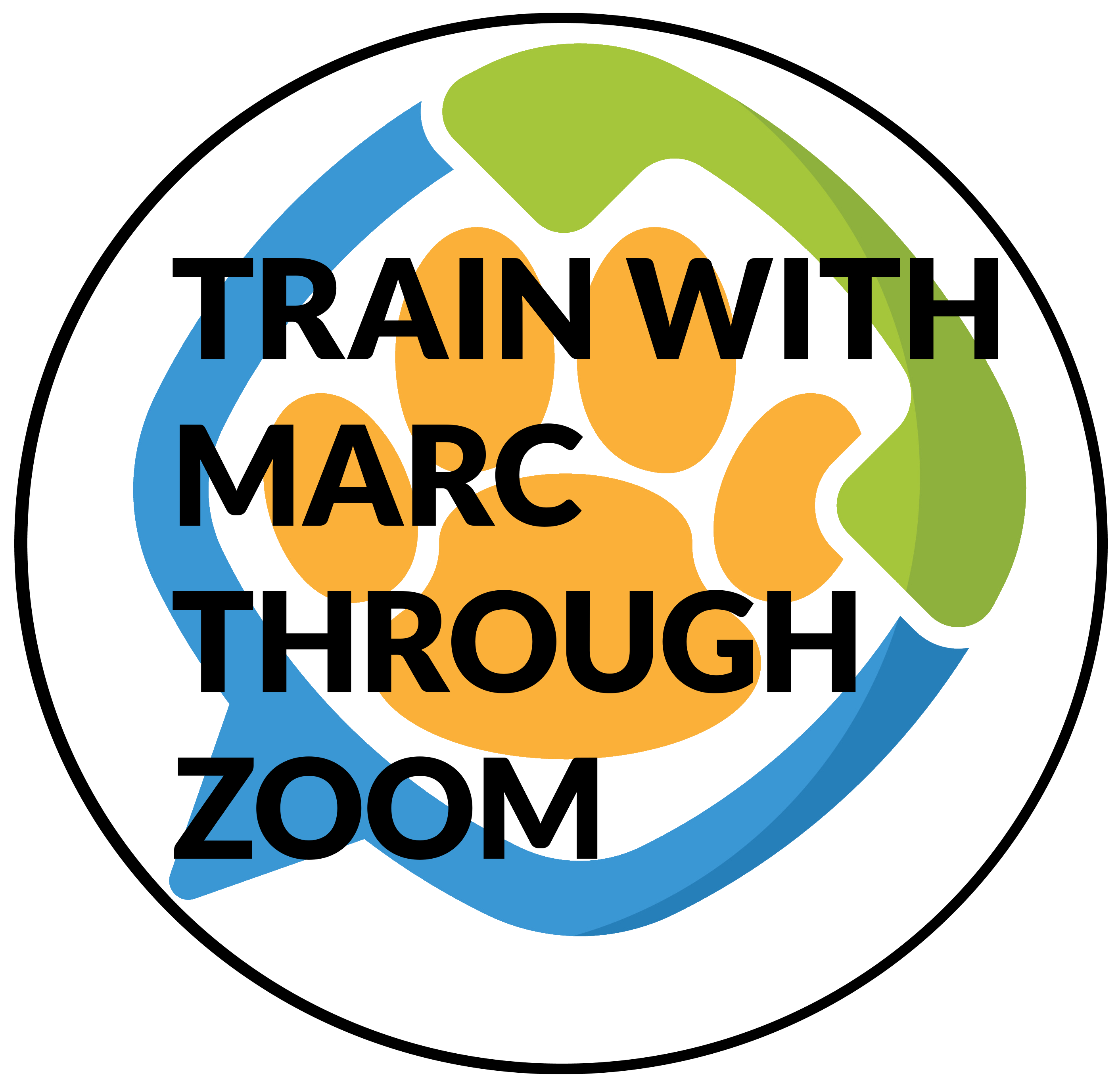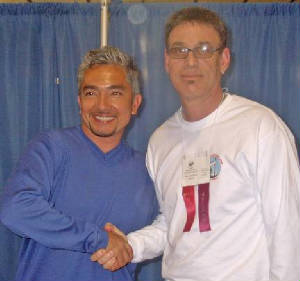It's not uncommon to feel that you're living a busy life. Sometimes, it's hard to find time to spend with your dog. But as dog trainers, we have to strongly recommend some quality time with your pet. It's important for your training, and for the bond you share with your dog.
It's also important for you.
Studies have shown that looking into your dog's eyes for an extended period of time releases the same chemical (oxytocin) that people experience when they enjoy a long hug with a partner, or cuddle with their baby. The connection that humans have with dogs is a deep one, and it's something that should be nurtured both for your dog's sense of acceptance and also for your own personal mental health and wellbeing.
It also has the benefit of helping you be more mindful in the moment. So many dog owners accidentally shoo or punish their pet too often, because when you lead a busy life, you may not think about your dog unless it's in your way or doing something you do not want to do. Staring into your dog's eyes takes you back into the moment and reminds both of you that you have a strong love for one another.
Whenever you have a free moment, consider simply gazing into your dog's eyes. There are benefits to both you and your dog, and it's a nice way to take you back and remind you why you love your dog in the first place.





